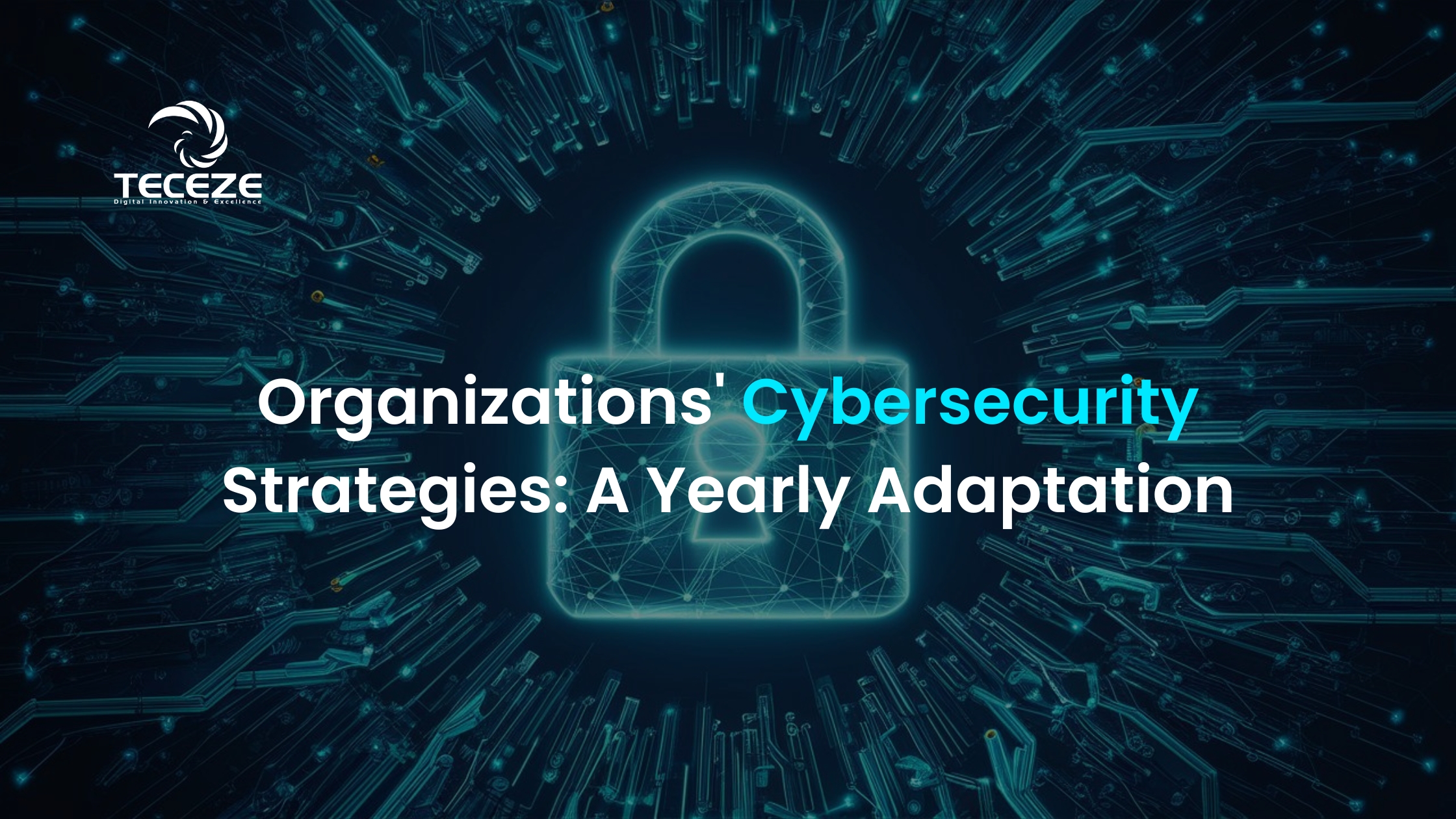Organizations' Cybersecurity Strategies: A Yearly Adaptation
Table of Contents
Importance of Adaptive Cybersecurity in an Organization
In a world where digital threats are constantly evolving, the importance of robust cybersecurity measures cannot be overstated. The past year has been no exception, with organizations across the globe facing unprecedented challenges and disruptions. From remote work setups to accelerated digital transformation initiatives, businesses have had to navigate a rapidly changing landscape while safeguarding their sensitive data and systems from cyber threats.
According to recent research, a staggering 95% of organizations have adjusted their cybersecurity strategies in response to the events of the past year. This significant shift underscores the critical role that cybersecurity plays in today's interconnected world and highlights the proactive approach that businesses are taking to mitigate risks and protect their assets.
So, what factors have driven this widespread adaptation of cybersecurity strategies?
-
Remote Work Dynamics: With the sudden shift to remote work arrangements due to the COVID-19 pandemic, organizations faced new challenges in securing their networks and data. The expanded attack surface presented by remote endpoints and the need to facilitate secure collaboration and communication prompted many businesses to reassess their cybersecurity posture.
-
Rise in Cyber Threats: Cybercriminals have been quick to capitalize on the chaos caused by the pandemic, launching sophisticated attacks targeting vulnerabilities in remote work setups, cloud infrastructure, and digital communication platforms. The surge in ransomware attacks, phishing scams, and other malicious activities has served as a wake-up call for organizations to bolster their defenses and enhance threat detection capabilities.
-
Accelerated Digital Transformation: The pandemic accelerated digital transformation initiatives across industries, driving organizations to adopt cloud services, IoT devices, and other emerging technologies at an unprecedented pace. While these innovations offer numerous benefits, they also introduce new security risks that organizations must address proactively.
-
Regulatory Compliance: With the implementation of stricter data protection regulations such as GDPR and CCPA, compliance has become a top priority for organizations. Failure to comply with these regulations can result in hefty fines and reputational damage, making it imperative for businesses to align their cybersecurity strategies with regulatory requirements.
In response to these challenges, Organizations have been proactive in adjusting their cybersecurity strategies to meet the evolving threat landscape. Some common measures include:
-
Investing in Advanced Security Technologies: Organizations are deploying next-generation security solutions such as AI-powered threat detection, endpoint protection, and network segmentation to detect and mitigate cyber threats more effectively.
-
Enhancing Employee Training and Awareness: Given that human error remains one of the leading causes of security breaches, organizations are investing in comprehensive training programs to educate employees about cybersecurity best practices and raise awareness about potential threats.
-
Strengthening Incident Response Capabilities: Recognizing the inevitability of cyber attacks, organizations are bolstering their incident response plans and conducting regular drills to ensure they can respond swiftly and effectively to security incidents.
-
Implementing Zero Trust Frameworks: With the perimeter-based security model proving inadequate in today's threat landscape, organizations are adopting Zero Trust frameworks that assume zero trust for both internal and external networks, requiring verification for every user and device attempting to access resources.
As we look ahead, it's clear that cybersecurity will continue to be a top priority for organizations of all sizes and industries. By staying vigilant, adapting to new threats, and investing in robust security measures, businesses can mitigate risks, safeguard their assets, and maintain trust with customers and stakeholders in an increasingly digital world.
 Back to Insights
Back to Insights
 Previous
Previous 